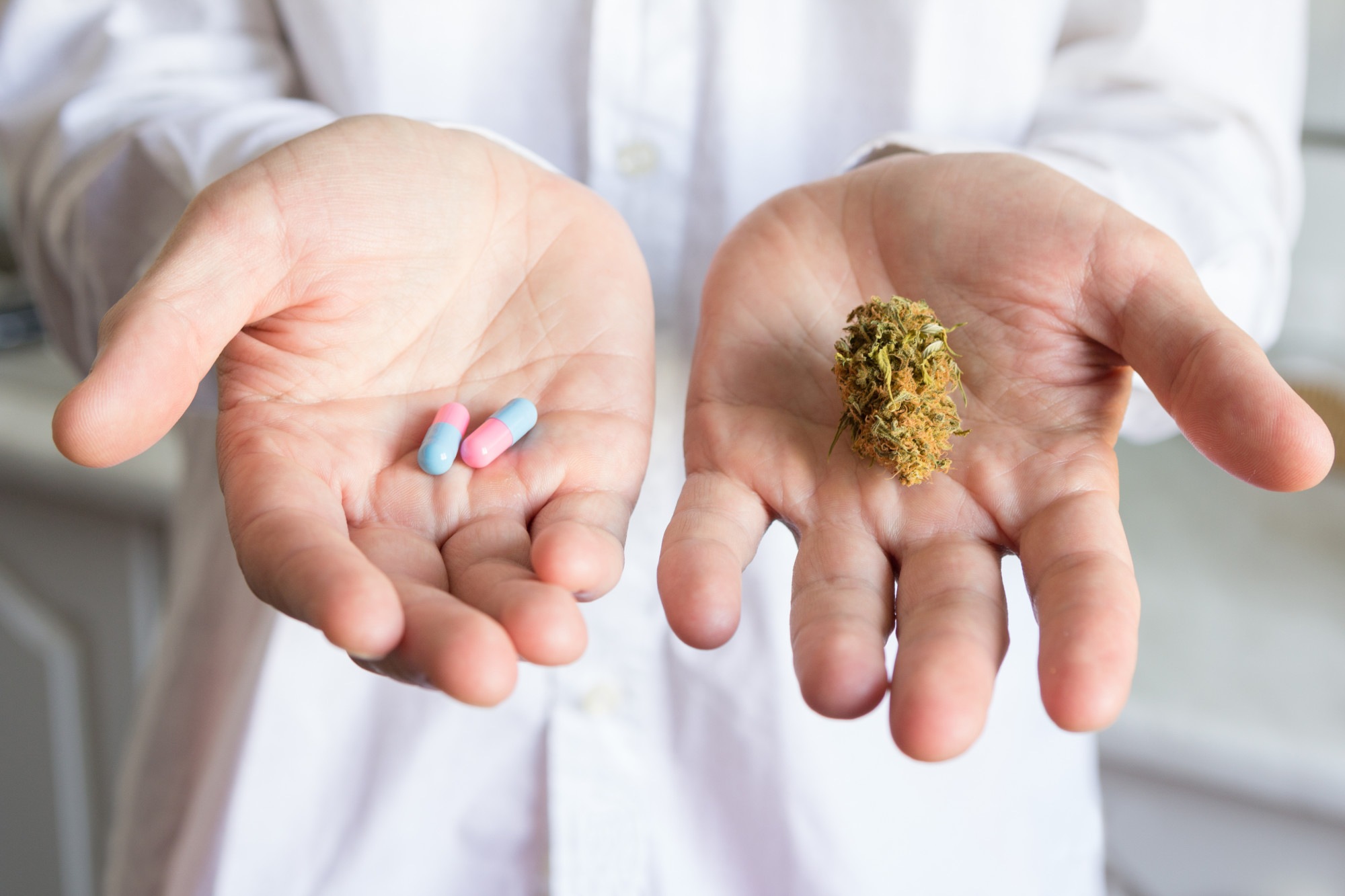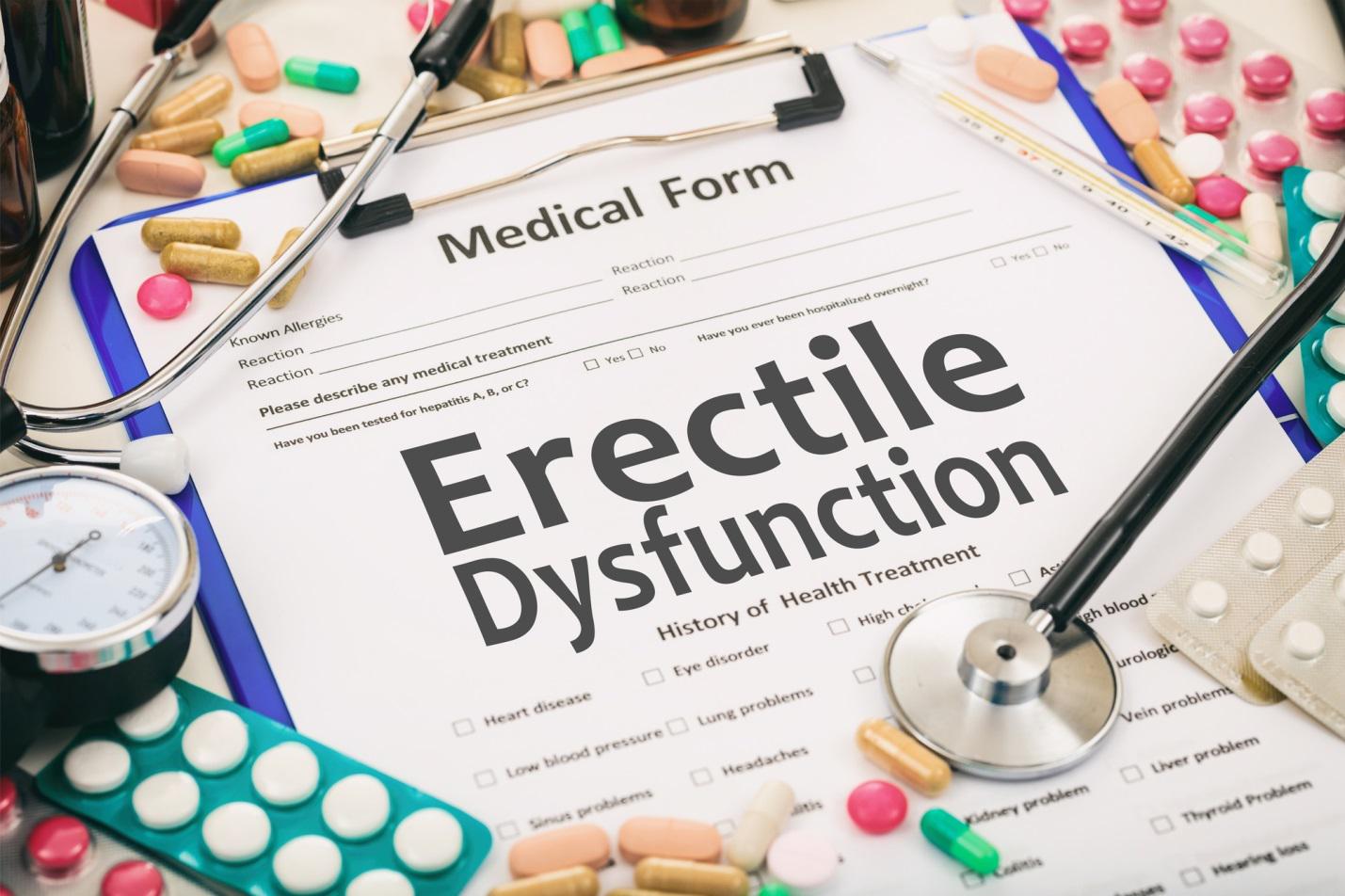A child’s body has many peculiarities compared to an adult’s. Many organs and systems are not fully developed and do not always function properly. This results in a child’s vulnerability to infections, functional disorders of the gastrointestinal tract, reduced tolerance to potential allergens, etc. The balance of intestinal microflora in a child is unstable, especially for risk groups, such as newborns, premature babies, born by Cesarean section. Natural probiotics for babies allow prevention and treatment of dysbiosis and eliminate many of its accompanying symptoms.

Formation of baby’s microbiome
Formation of a baby’s microflora begins immediately after birth, the first strains of microorganisms he gets from the mother, mainly from the skin and breast milk. The process of accumulation of bacteria in the intestines takes quite a long time. As a rule, the first microbes are lactobacilli and bifidobacteria that live in the colon.
In the process of acquaintance with the surrounding world and society, there is a regular change of strains, during periods of acute illness and taking antibiotics the flora is depressed, which may manifest itself as colic, diarrhea, constipation, increased body temperature. Abrupt change of microbiome in a child is observed during the period of 4-7 years, and the final microflora is formed only in adolescence.
Baby probiotics, used by pediatricians, help to strengthen the child’s immune system, to ensure the proper functioning of the gastrointestinal tract, and to reduce the risk of hypovitaminosis, enzyme deficiency, and the development of chronic diseases.
When should a child be given probiotics?
- In the first 20 days after birth;
- Courses during colic (the first 3-4 months);
- During acute respiratory infections and other acute diseases;
- During and after taking antibiotics;
- In the detection of functional disorders of the gastrointestinal tract;
- In immunodeficiency;
- In the detection of food allergies, pancreatic enzymes, liver failure;
- When intolerance to certain food substrates (e.g., lactose);
Probiotics for babies should be selected by a pediatrician taking into account the age of the child, the current state of the body, the presence of concomitant diseases, and other factors.
Abdominal pain, bloating, flatulence, diarrhea, or, conversely, constipation are common problems in infants, because their gastrointestinal system is in its formative stage. Pediatricians call the condition dysbacteriosis and prescribe probiotics for children to improve the general condition and gut microflora.
What is the difference between probiotics and prebiotics?
Probiotics are bio-supplements or preparations containing microorganisms beneficial to us – lactobacilli and bifidobacteria. They are part of the normal microflora and are necessary for the proper functioning of the gastrointestinal tract. In other words, they are our shield against pathogens and toxins.
Probiotics are bacteria involved in the synthesis of vitamins and acids important for the body (vitamin B12 and folic acid, for example), and stimulate the production of fatty acids important for the normal functioning of the large intestine.
Prebiotics are not bacteria, but the best environment for probiotic life. We get them with food. The peculiarity is the ability to penetrate into the large intestine, where they undergo fermentation and create the ideal conditions for the growth of beneficial bifidobacteria and lactobacilli.








